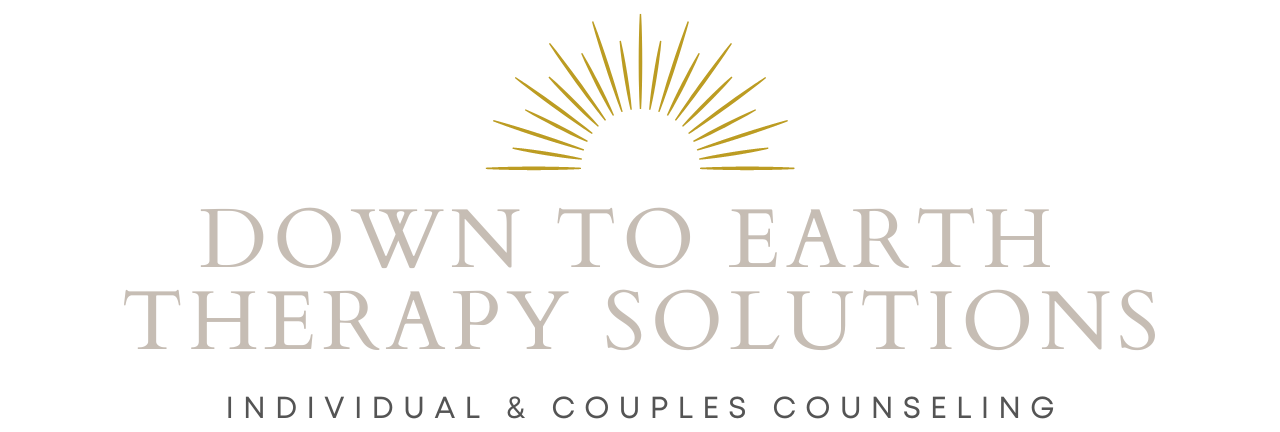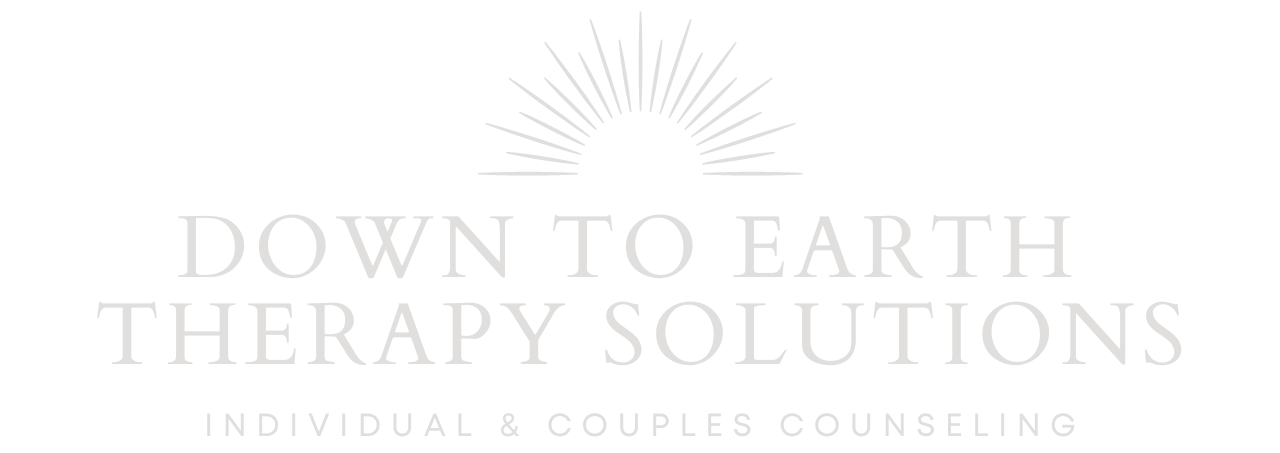
Now that I found a provider I want to work with how do I pay? Do you accept my insurance?
The short answer is no, I don’t. Here are some of the why’s to consider when deciding how to proceed with mental health services and deciding what is best for you.
First, we diagnosis. The way insurance companies and systems are set up require a specific diagnosis to be made and then treat that diagnosis. Without a diagnosis, insurance will not move forward with payment of services. This is overall good for the body, but not so good for the mind because not all people that are seeking counseling services meet the full criteria for a mental health diagnosis. Some individuals are seeking services to better themselves and are not in crisis. Without having or meeting a formal diagnosis this will leave a lot of people left out of being able to benefit from insurance covering therapy costs. This also feeds into the idea that I “have to be really bad to seek services” thus further stigmatizing mental health is health. Insurance also often leaves out covering for couple’s or family therapy and other specialized services, like sex therapy topics.
If you do in fact meet the criteria for a specific diagnosis, now that diagnosis will carry over to other providers and other insurance making this a pre-existing condition. Although this might be helpful in some scenarios that you might need more than one practitioner to have the same diagnosis or must have struggled with the symptoms of the diagnosis to get different or a higher level of care, this can also be something that hinders over time. Consider whether that is something that is needed or what having a diagnosis or a preexisting condition on your insurance record means to you including confidentiality issues associated with this.
If you do in fact meet the criteria for a mental health diagnosis and have a provider that accepts your insurance, insurance will now dictate the services used, method, delivery and time frame for these services. The clinician and the clinician’s judgment are left out of this based on a matrix that insurance companies use. Individuals that are creating this matrix or this identification of how services will be delivered might not even have the professional or clinical training that a mental health professional has received. This takes away some of the clinician’s power as well as yours as a client to identify things that you want to work on if it doesn’t align with the insurance company’s ideas of what is considered “completed” or not.
I chose to not accept insurance because I want my clients (you) to oversee your wellness. I want you to be able to identify your goals and collaborate ways to meet these goals. This allows you to have a different kind of investment in your treatment as well as create a different self-efficacy in your judgment and your power that I help support along the way.
The fee for each 45-minute individual therapy session is $120. The fee for each 60-minute individual therapy session is $150. 75-minute individual session is $180. 90-minute individual session is $220 for weekdays. For Saturday appointments an additional fee will be added for each service.
Couples’ session fee are as followed: 60-minute couples session are $180. 75-minute couples’ session are $220 and up.
Payment is due at the time of service. Acceptable forms of payment are: exact-amount cash, check (insufficient-funds checks will be returned upon full payment of the original amount plus $50 for any returned check), or credit/debit card.
No Surprises Act
You have the right to receive a “Good Faith Estimate” explaining how much your medical care will cost.
Under the law, health care providers need to give patients who don’t have insurance or who are not using insurance an estimate of the bill for medical items and services.
- You have the right to receive a Good Faith Estimate for the total expected cost of any non-emergency items or services. This includes related costs like medical tests, prescription drugs, equipment, and hospital fees.
- Make sure your health care provider gives you a Good Faith Estimate in writing at least 1 business day before your medical service or item. You can also ask your health care provider, an any other provider you choose, for a Good Faith Estimate before you schedule an item or service.
- If you receive a bill that is at least $400 more than your Good Faith Estimate, you can dispute the bill.
- Make sure to save a copy or picture of your Good Faith Estimate.
- For questions or more information about your right to a Good Faith Estimate, visit: www.cms.gov/nosurprises or call 877-696-6775.

